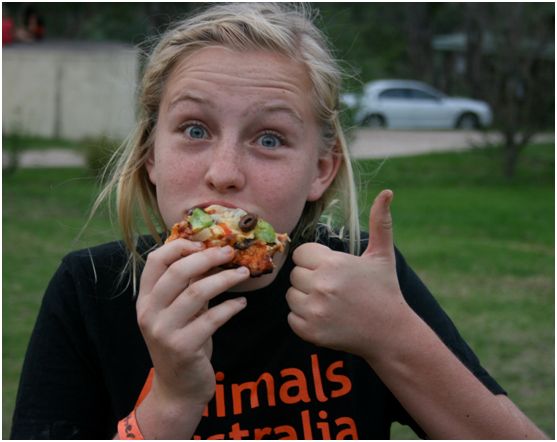PCAP (pronounced “pee-cap”) is an acronym for Prevention of Cruelty to Animals and Plants. PCAP was founded in 1977 by the seer-philosopher, P.R. Sarkar. In 1982, Sarkar’s book on Neohumanism laid the philosophical and inspirational basis for the implementation of the objectives of PCAP.
Since its inception PCAP has grown to become a global movement. It is committed to preserving the well-being and safety of animals and plants. The purpose for preserving these creatures is not merely to protect ourselves (humans) but stems from an inner feeling of compassion and love for all creatures as experienced by a practitioner of a neohumanistic lifestyle.
PCAP is a non-profit, non-sectarian global movement dedicated to preserving our planet and all of its inhabitants. Feel free to contact any of its headquarters on six continents to see how you may become a member or patron.

Our Vision
To create a world where human beings realizing their higher natures assume their sacred role as stewards of the Earth to love, serve and protect all livings and non-living beings on the planet. To create a world where all creatures live in prosperity and harmony free from all forms of exploitation and cruelty, where their existential right to exist is enshrined in the constitution of all nations and in the hearts of all people.
Our Mission
- To work for the all-round emancipation of all beings under the guiding principles of Neohumanism.
- To ceaselessly endeavor to show human beings the path to higher consciousness that will lead them out of their present ills of narrowness, meanness and selfishness.
- To create practical models of sustainable rural eco-communities where humans, animals and plants live in harmony and cooperation under the fathership/mothership of the Supreme Consciousness according to the socio-economic principles of decentralized economy and balanced growth on the three levels of existence: physical, mental and spiritual.
Aims and Objectives of PCAP
- To prevent cruelty to animals and birds.
- To protect rare and dying species of animals and birds from extinction.
- To prevent cruelty to plants and trees and to protect rare and dying species of plants and trees from extinction.
- To prevent deforestation and create and maintain ecological balance in relation to environments.
- To create a sentiment of love for animals, birds and plants by popularizing their usefulness to human beings, society and the environment.
- To popularize the vegetarian menu and thus save the lives of innocent animals and birds.
- To provide food to animals and to provide sanctuaries and medical help to ailing and sick animals and birds.
- To promote forest based products and industries for the economic upliftment of the poor, tribal and forest people.
- To construct and maintain sanctuaries, aviaries, ponds, wells pastures, gardens and forests, for the welfare of human beings, animals, birds and plants.
- To promote and develop afforestation in order to convert dry and barren lands into fertile and cultivable ones.
